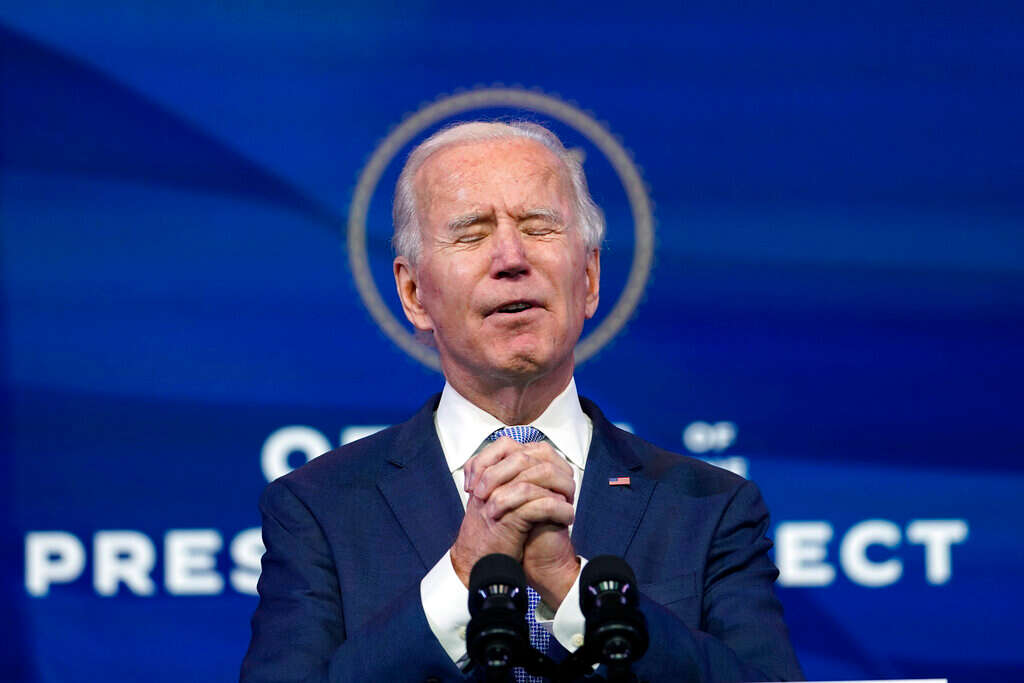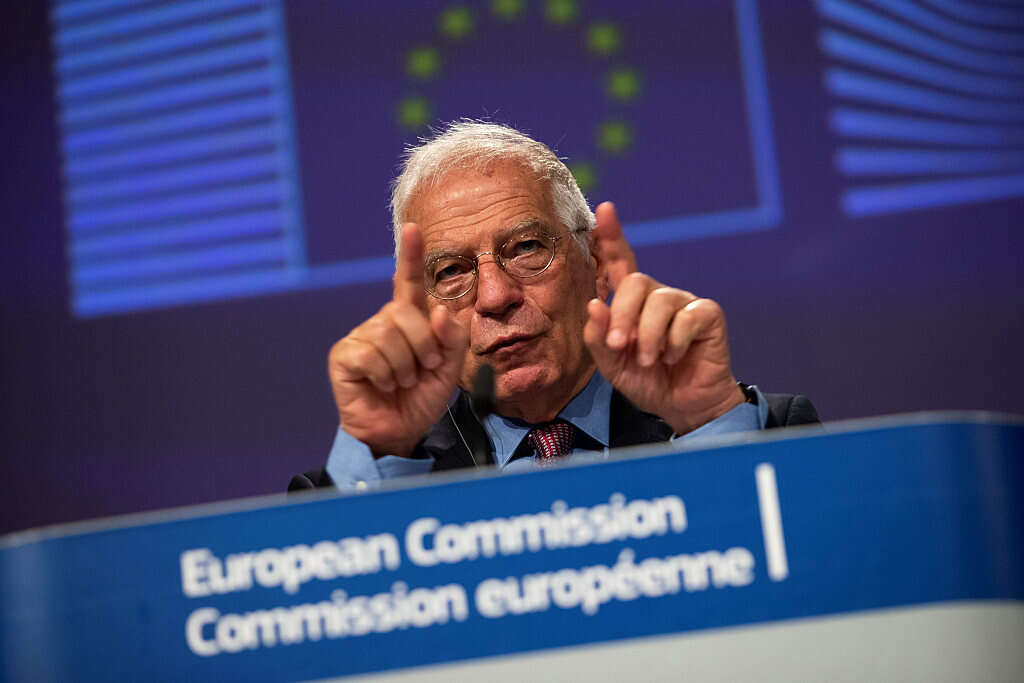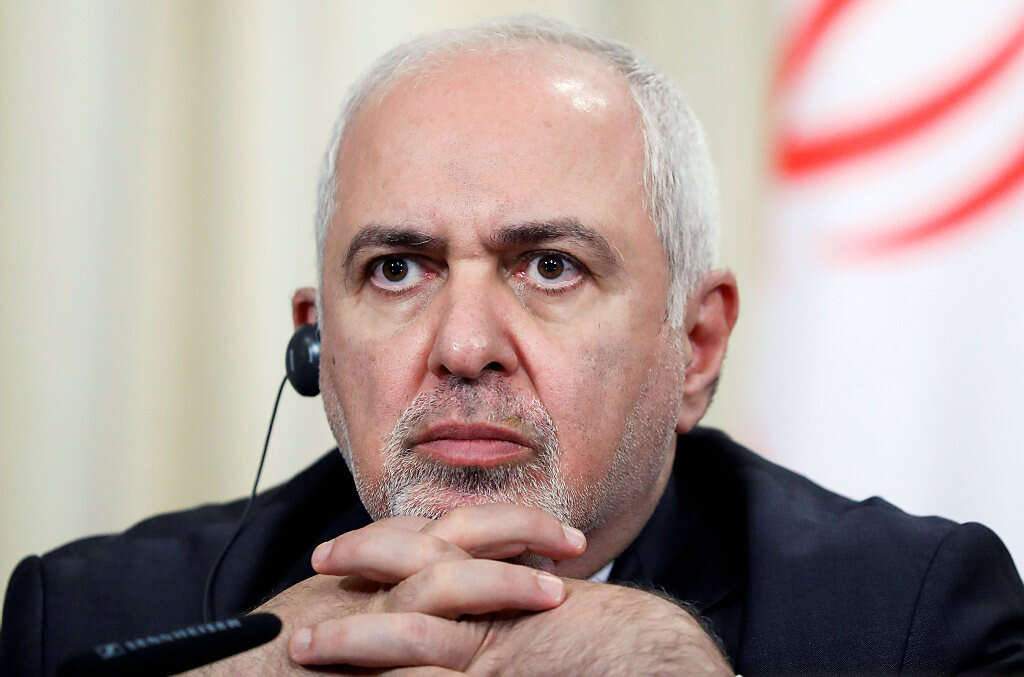by Ariel Kahana , Erez Linn and Eldad Beck
Meanwhile, the International Atomic Energy Agency says Tehran has not yet answered questions on uranium particles found at two sites inspected last year. EU foreign policy chief Josep Borrell: Reviving the nuclear deal is "the most urgent and important" diplomatic priority in US-European relations.
 |
| IAEA chief Rafael Grossi | File photo: Reuters/Leonhard Foeger |
The Biden administration's conciliatory approach toward Iran increases the odds of direct war between Israel and the Islamic republic, Prime Minister Benjamin Netanyahu was told on Monday during a situational assessment meeting that focused on the dangers posed by Iran's nuclear program.
Representing the minority viewpoint, meanwhile, others in attendance said returning to the nuclear deal signed in 2015 was preferable to the situation created by former US President Donald Trump's withdrawal from the deal in 2018. They told the prime minister that only a deal can return Iran to a track that stunts its breakout time to a nuclear bomb.
The more common opinion, however, was that the 2015 deal was so flawed and full of holes that everything must be done to prevent the US from renewing it.
The country's entire political and security echelon participated in the meeting.
"The [global] powers are looking at the entire matter with an eyepatch over one eye. It's unbelievable," said one of the attendees. Amid what appears to be the new administration's inevitable return to the deal, those who attended the situational assessment voiced concern that Israel would be left on its own to contend with the challenge.

Another assessment presented at the meeting was that the US and Iran will be unable to return to the original deal, such that Iran will possess quick breakout capability, in which case, too, if Iran ever does decide to pursue that course of action, Israel would also have to cope alone.
"A nuclear weapon in Iranian hands is an existential threat that we cannot tolerate," said the official who attended the meeting.
Meanwhile, the International Atomic Energy Agency issued a report Tuesday on Iran's nuclear activities that said Tehran had not yet answered questions on uranium particles found at two sites inspected last year.
According to the IAEA, Iran has also begun following through on its threat to enrich uranium at 20%, in complete contravention of the nuclear deal, and that Iran already has 14 times the amount of enriched uranium as stipulated by the deal.
Iran officially started restricting international inspections of its nuclear facilities Tuesday, a bid to pressure European countries and US President Joe Biden's administration to lift crippling economic sanctions and restore the 2015 nuclear deal.
World powers slammed the restrictions as a "dangerous" move.
"The E3 [Germany, France, Britain] are united in underlining the dangerous nature of this decision," the European powers said in a statement. "It will significantly constrain the IAEA's access to sites and to safeguards-relevant information."
Iranian Foreign Minister Mohammad Javad Zarif said a new law had gone into effect Tuesday morning, under which Iran will no longer share surveillance footage of its nuclear facilities with the IAEA.

"We never gave them live video, but [recordings] were given daily and weekly," Zarif said of the IAEA's access to information recorded by camera monitors. "The tape recording of our [nuclear] program will be kept in Iran."
Zarif stressed in a tweet Tuesday that Iran's new limits on nuclear inspections and other violations of the pact are reversible, insisting that the US move first to revive the deal.
Also Tuesday, EU foreign policy chief Josep Borrell said that reviving the Iran nuclear deal was "the most urgent and important" diplomatic priority in US-European relations.
Speaking virtually to the Atlantic Council, Borell also rejected efforts to expand the deal to address matters outside its current scope, warning that adding other issues to the accord would "block the process" to save it.
"The JCPOA, it is what it is. Maybe there are other issues that have to be taken into consideration. But don't put everything together," said Borrell.
He added that both Iranian compliance and US sanctions relief were needed for the nuclear deal to go back into effect.

"For us, the Europeans, the Iran nuclear deal, it's a triumph of diplomacy, and we are very proud of it," he said, noting that Tehran had not violated the agreement before Washington withdrew from it.
The Biden administration has said it's ready to join talks with Iran and world powers to discuss a return to the deal. Zarif responded to the overture cautiously Tuesday, saying Iran is "assessing the idea of an unofficial meeting" with the parties to the accord "in which America is invited as a non-member."
In further diplomatic moves, the new US administration rescinded the Trump-imposed UN sanctions and eased restrictions on the domestic travel of Iranian diplomats posted to the United Nations.
Ariel Kahana , Erez Linn and Eldad Beck
Source: https://www.israelhayom.com/2021/02/24/israeli-officials-return-to-nuclear-deal-will-increase-odds-of-direct-war-with-iran/
Follow Middle East and Terrorism on Twitter
No comments:
Post a Comment